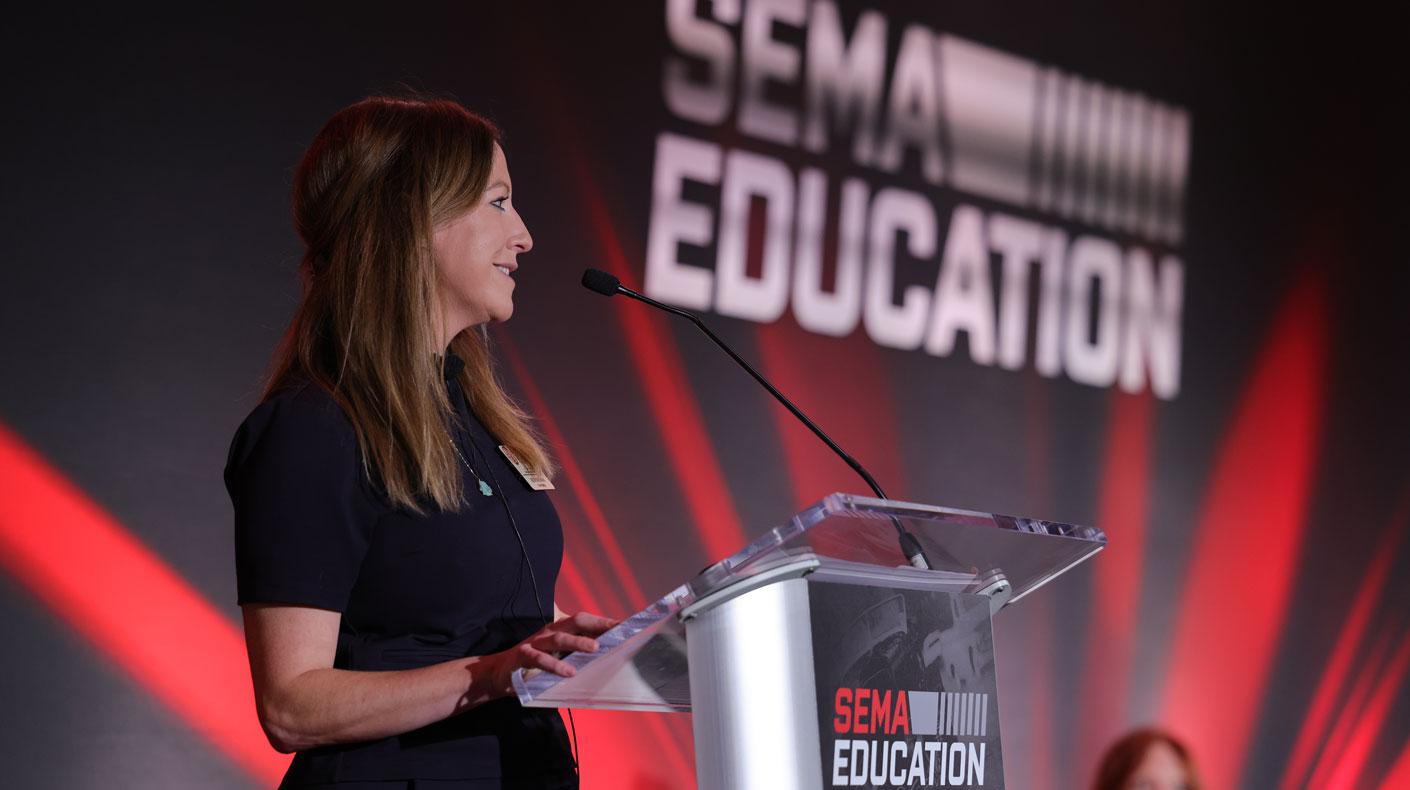By the SEMA D.C. office
The U.S. Commerce Department's Bureau of Industry and Security (BIS) recently published a proposed rule expanding the agency's efforts to improve the Section 232 steel and aluminum exclusion process on tariffs. The metal tariffs of 25% on steel and 10% on aluminum were initially imposed on various countries in 2018 under Section 232 of the Trade Expansion Act of 1962 on national security grounds. This proposed rule will build on the five existing interim final rules (IFRs) that the agency has issued since 2018 and will remain in effect with any final rules that will be issued. SEMA is currently reviewing the proposed rulemaking and engaging with other trade groups and organizations.
BIS has been the agency charged with administering the Section 232 exclusion process since the imposition of duties on aluminum and steel imports in 2018 following investigations into national security impacts of imports to the United States. In 2022, the World Trade Organization (WTO) ruled that the Section 232 tariffs imposed in 2018 by the Trump administration did not qualify under the claim of U.S. national security.
The published proposed rule will make four changes that are intended to create a more transparent and fair exclusion process:
- Proposes a more efficient General Approved Exclusions (GAE) process by changing the criteria generally used for determining GAEs by focusing on the substance of objections submitted rather than whether any objection has been submitted or not.
- Introducing a 'General Denied Exclusions' (GDE) process to limit further exclusions on products that have consistently been found to be manufactured in the United States. Similar to General Approved Exclusions, GDEs would be identified on the volume and substance of Objections submitted to such products in the 232 Exclusions Process.
- Modifying the existing certification language and introducing new certification requirements for exclusion requests, including by making changes to the Exclusion Request Form so that requestors can demonstrate that they made reasonable efforts to source their product from the United States or from countries which the United States has arrived at a satisfactory alternative means to address U.S. national security concerns.
- Proposing similar certification language on the objection form to further ensure objectors can supply comparable quality and quantity steel or aluminum and make it 'immediately available' to requestors in line with the standards described in the previous Section 232 IFRs.
SEMA has opposed the Section 232 tariffs since they have hurt U.S. companies and consumers by failing to address the global overproduction of metals. Last year, SEMA submitted comments to the International Trade Commission (ITC) after Congress directed the agency to investigate the impact of 232 and 301 tariffs on the U.S. economy. Both tariffs have negatively impacted SEMA-member businesses by creating uncertainty in the economic marketplace and forcing companies in the specialty automotive aftermarket equipment industry to either absorb the additional tariff cost or pass it along to the consumer.
The agency has opened a 45-day comment period, which will end on October 12, 2023. You can submit comments online through regulations.gov.
For more information, contact Tiffany Cipoletti at tiffanyc@sema.org.





